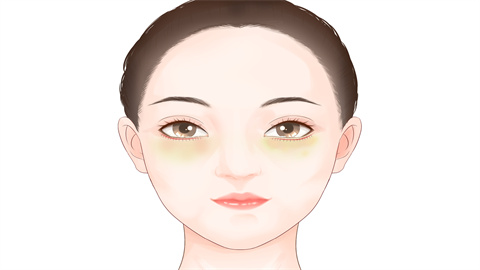Are there any side effects after undergoing surgery to remove under-eye bags?
Generally, surgical removal of eye bags refers to blepharoplasty for eye bag correction. There may be some side effects after the surgery. Common side effects include recurrence of eye bags, skin scarring, orbital hollowing, bleeding, and infection. Detailed analysis is as follows:

1. Recurrence of Eye Bags
The formation of eye bags is related to multiple factors, including protrusion of orbital septum fat and relaxation of supporting tissues of the eyelid. Therefore, eye bags may recur after blepharoplasty. Possible causes of recurrence include individual constitution, improper postoperative care, and aging. If eye bags recur, surgical correction can be performed again.
2. Skin Scarring
External incision blepharoplasty may leave skin scars, especially noticeable for patients with a scar-prone constitution or those experiencing severe infection. Scar revision is recommended approximately six months post-surgery. To reduce scar formation, anti-scar medications or laser treatments can be used after surgery.
3. Orbital Hollowing
Excessive removal of orbital fat may lead to orbital hollowing. This condition typically can be corrected with another surgery after approximately six months. Therefore, during surgery, the surgeon needs to precisely control the amount of orbital septum fat removed to avoid causing orbital hollowing.
4. Bleeding
Blood vessels may be damaged during surgery, leading to postoperative bleeding. Although bleeding is usually minimal, a few patients may experience severe bleeding, which may even require blood transfusion therapy. Ice compresses are recommended within 48 hours post-surgery to reduce bleeding and eyelid swelling.
5. Infection
As surgery is an invasive procedure, improper postoperative care may lead to wound infection, causing symptoms such as pain, redness, swelling, and pus formation. Therefore, it is important to keep the wound clean and dry after surgery, perform regular disinfection and cleaning, and use antibiotics as appropriate to prevent infection.
It is recommended to consume foods rich in vitamins and high-quality protein, such as fresh fruits, vegetables, and lean meat, which can help wound healing.




